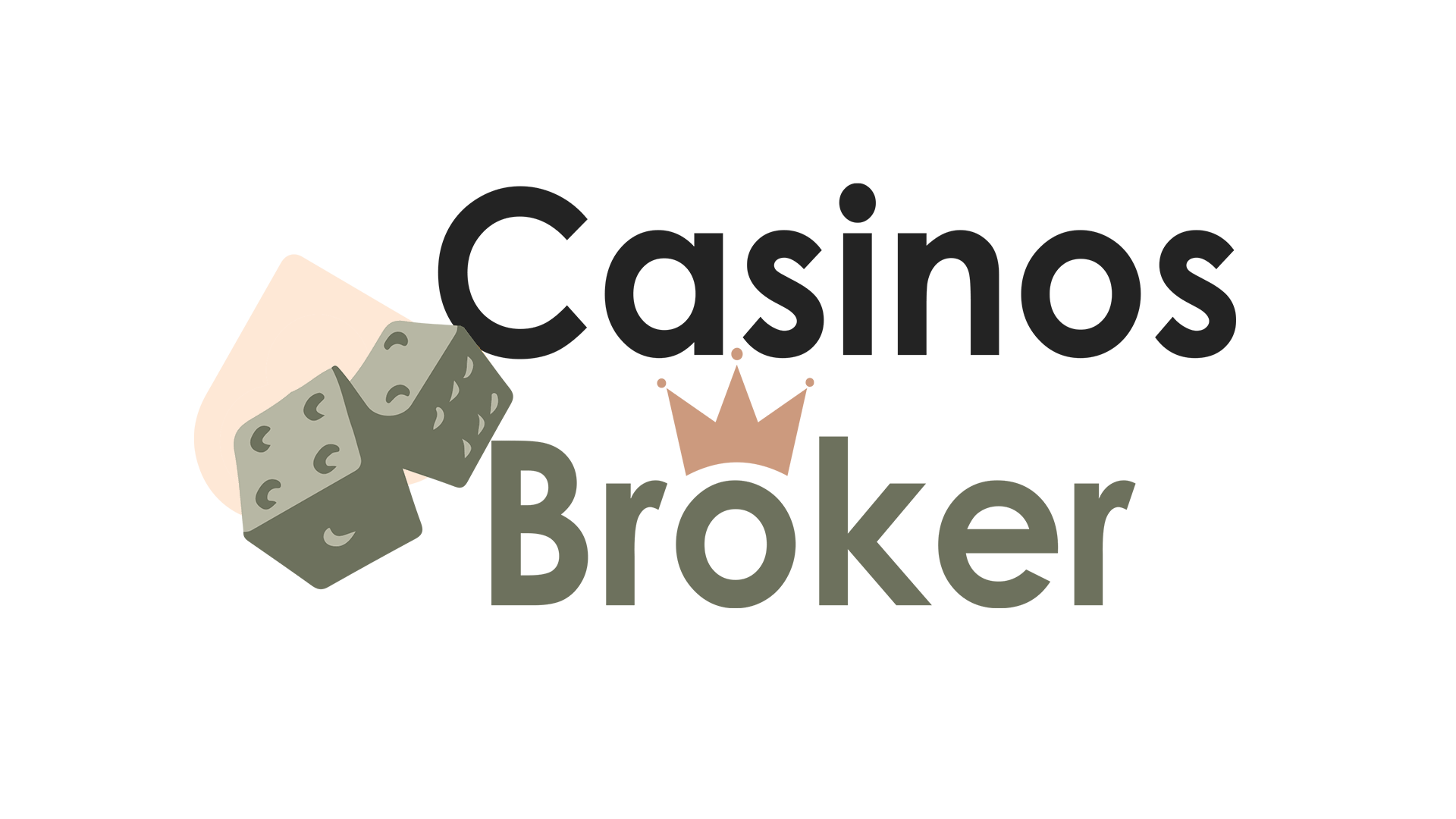Escrow Holdbacks in M&A Transactions
Amidst a string of seemingly seamless business transactions, even the most assured buyer may experience moments of uncertainty. These doubts often revolve around the alignment of certain business aspects with regulatory norms and the specter of potential fraudulent activities. To address these concerns and instill a sense of assurance, buyers occasionally opt for a strategic financial maneuver known as a “holdback.”
A holdback represents a calculated withholding of a portion of the purchase price, deliberately abstaining from immediate payment at the closing stage. This financial safeguard empowers the buyer to shield themselves by retaining a segment of the purchase price until all uncertainties have been thoroughly examined. This prudent approach is often motivated by the desire to unearth any hidden challenges or pitfalls lurking within the business being acquired.
Let’s delve into typical scenarios that may compel a buyer to embark on the path of requesting a holdback…
What Could the Buyer be Concerned About?
In the world of business acquisitions, buyers often have a multitude of considerations on their radar, driven by a prudential approach to safeguarding their investments. However, certain situations have warranted the implementation of buyer holdbacks in the past.
Picture this: a buyer is in the process of acquiring a manufacturing company. Their primary concern? The environmental state of the property. Any business engaged in industrial activities is susceptible to environmental contamination risks. Assessing and rectifying such issues can be a costly, time-consuming, and inherently risky endeavor.
The buyer’s apprehension might stem from worries about potential hazardous material leaks or improper storage practices on the property. These concerns are entirely valid reasons to propose a holdback. This strategic move provides the buyer with the opportunity to conduct thorough property inspections, assessing both the financial implications and risks associated with cleanup efforts.
Another critical consideration for business buyers revolves around potential future liabilities, whether to on-site employees or neighboring residents and their well-being. These variables have the potential to impact the business’s overall value and, ultimately, its future performance.
In today’s landscape, fraud is a pressing concern for buyers, given the prevalence of fraudulent activities. The Federal Trade Commission underscores the gravity of the situation, ranking elements of fraud among the top 10 issues in its database of fraudulent activities. It’s no wonder buyers exercise caution and prudence.
These examples provide a glimpse into the myriad reasons prompting a buyer to contemplate a holdback during a business transaction. When a buyer finds themselves less than entirely confident in accepting the seller’s word regarding critical aspects of the deal, they may opt for a holdback as a means of reassurance.
Typically, a defined time frame is established to allow the buyer to conduct exhaustive due diligence and ensure there are no lurking issues that could impact the business’s future revenue. Furthermore, the buyer may leverage the holdback to align with their strategic goals, such as business relocation or customer base development.
How Do I Know the Buyer has the Funds?
Typically, the holdback sum finds its secure haven in an escrow account, diligently overseen by a trusted third-party entity, be it a reputable law firm or a seasoned escrow agent. This arrangement serves as an unequivocal safeguard, ensuring the availability of funds should the buyer encounter any reluctance or unforeseen financial constraints in fulfilling their future payment obligations.


